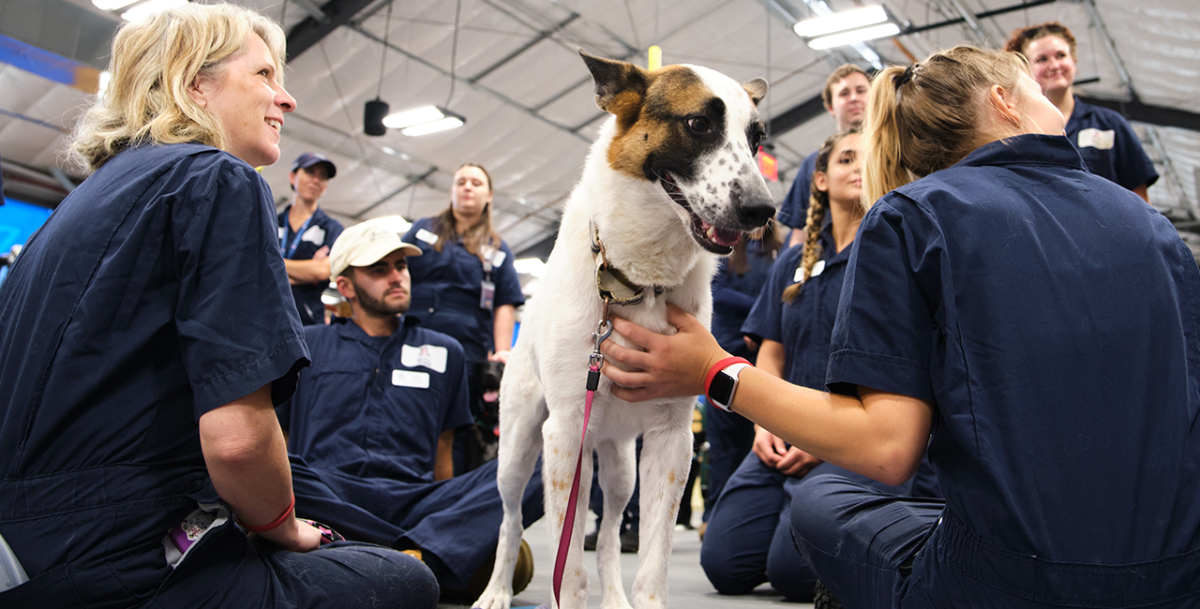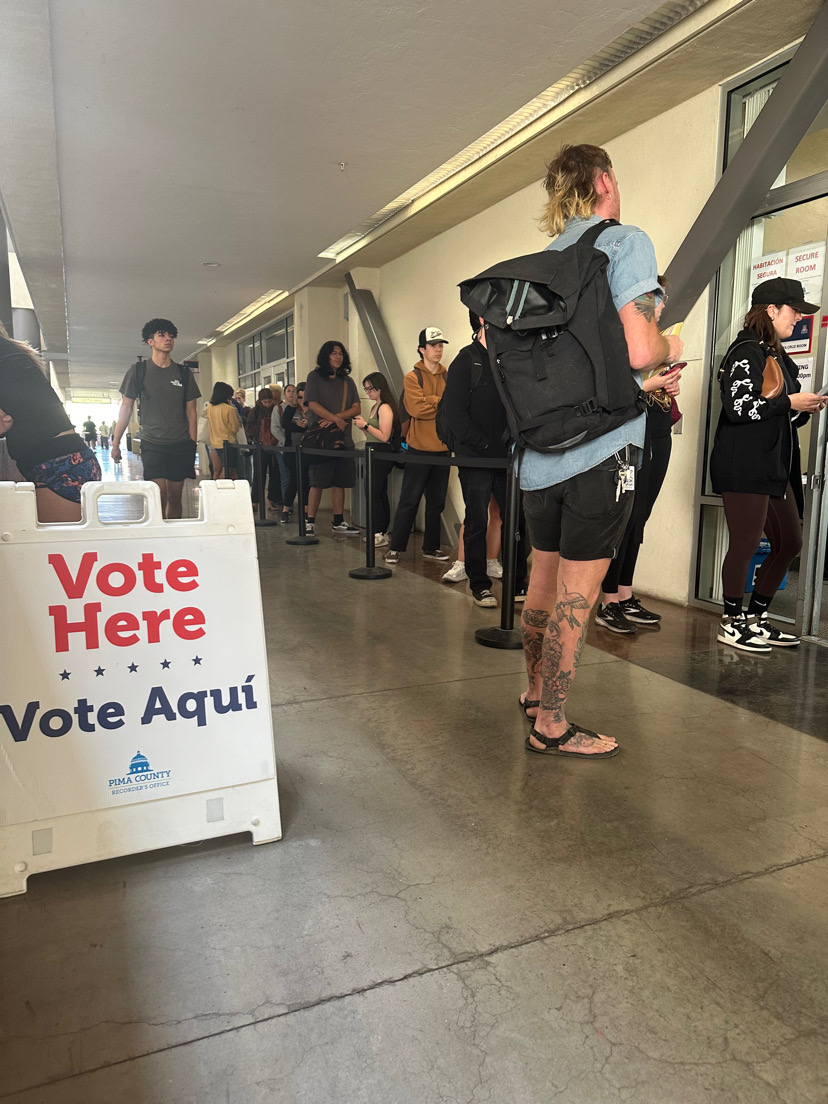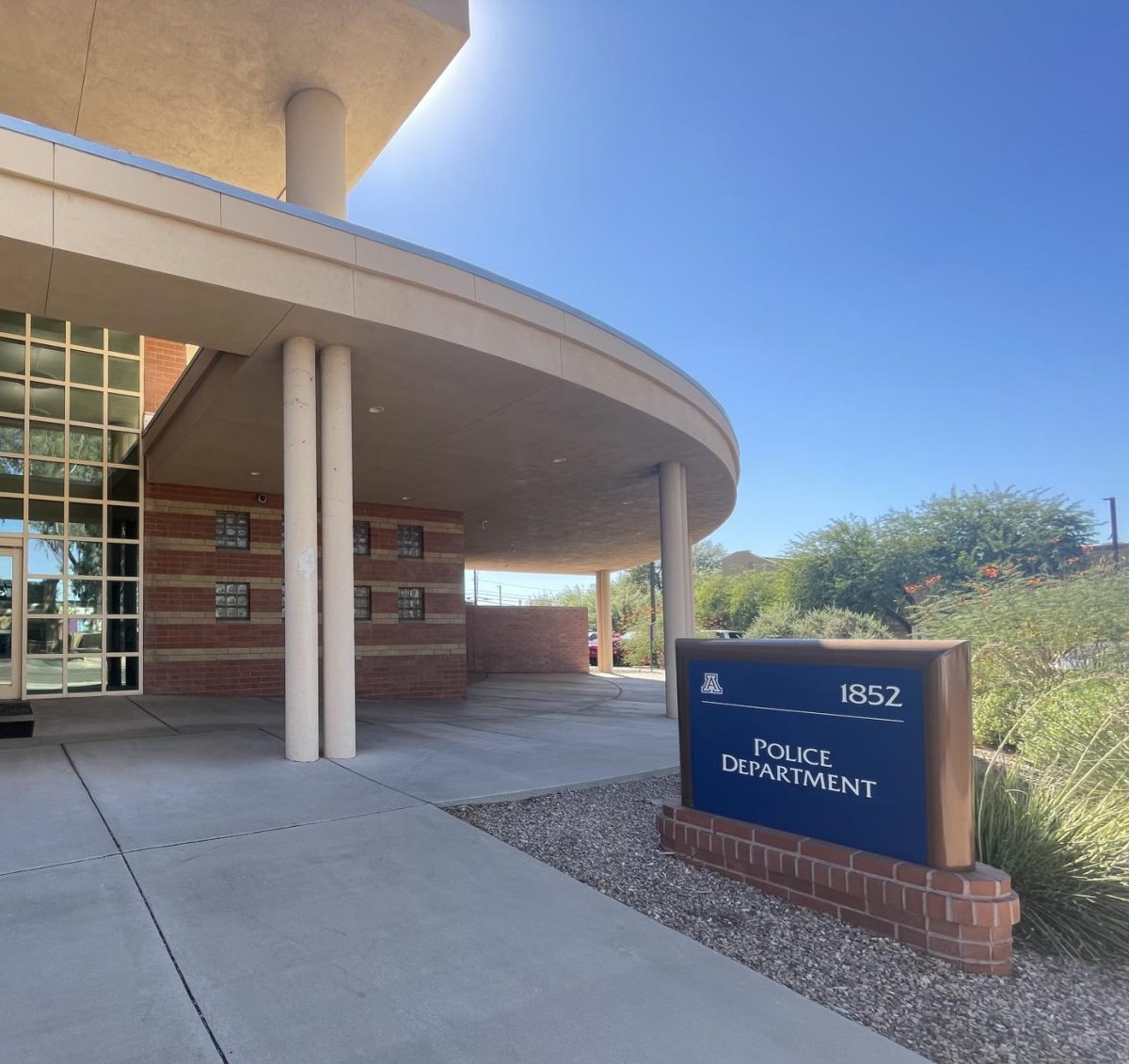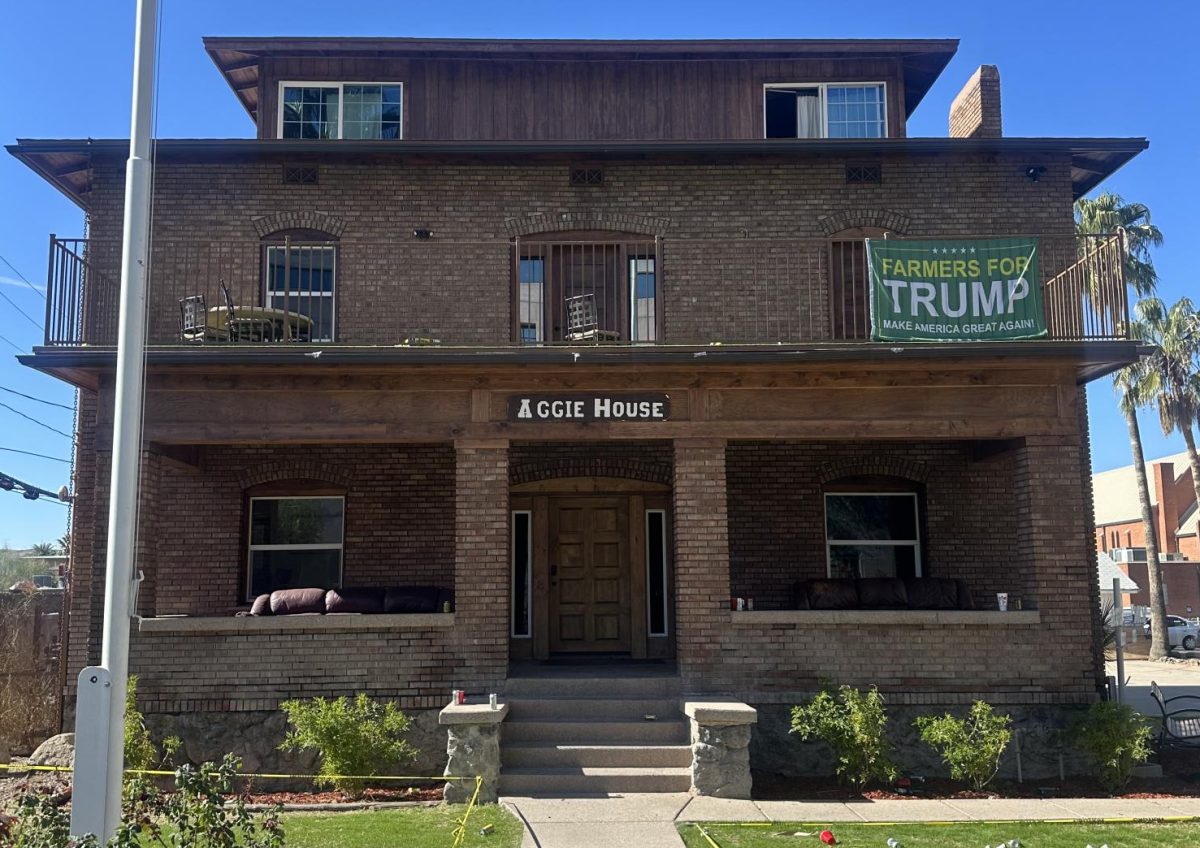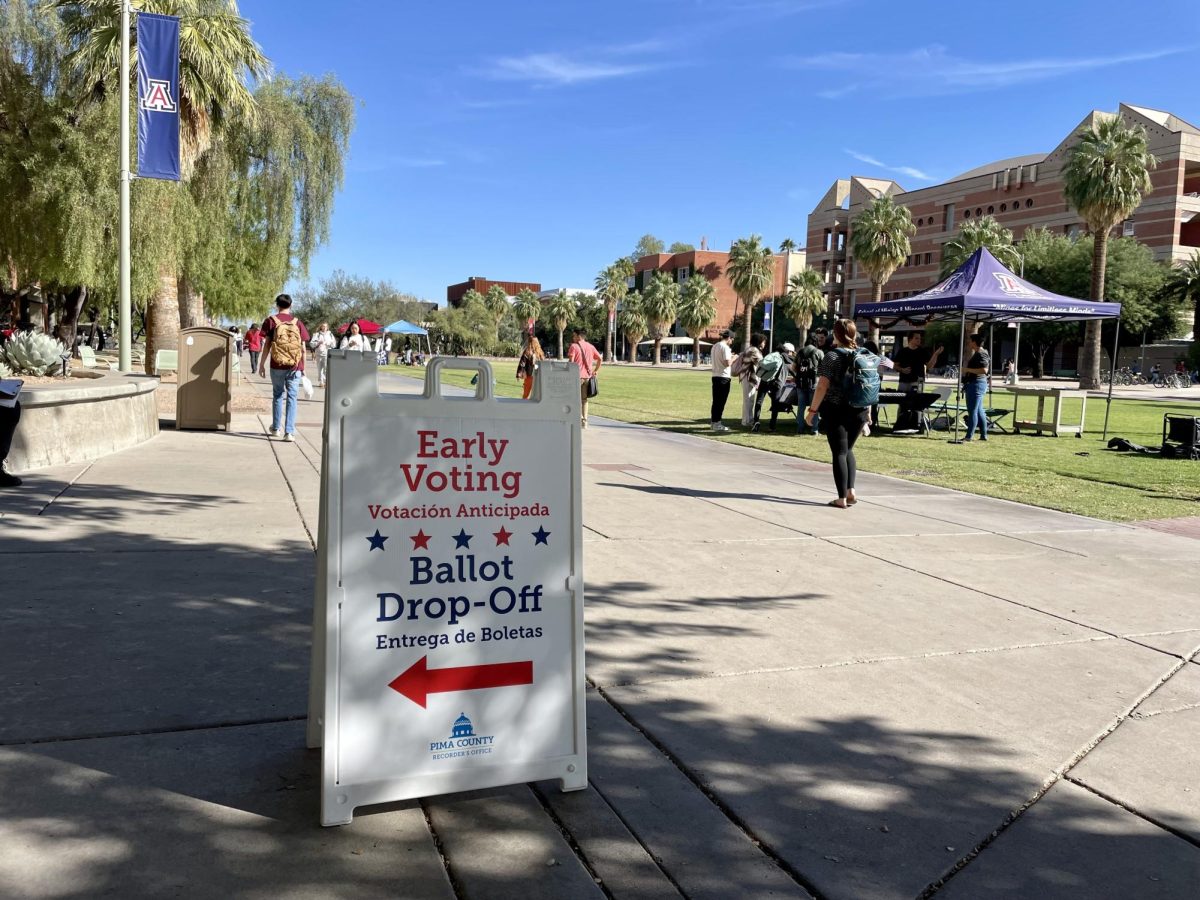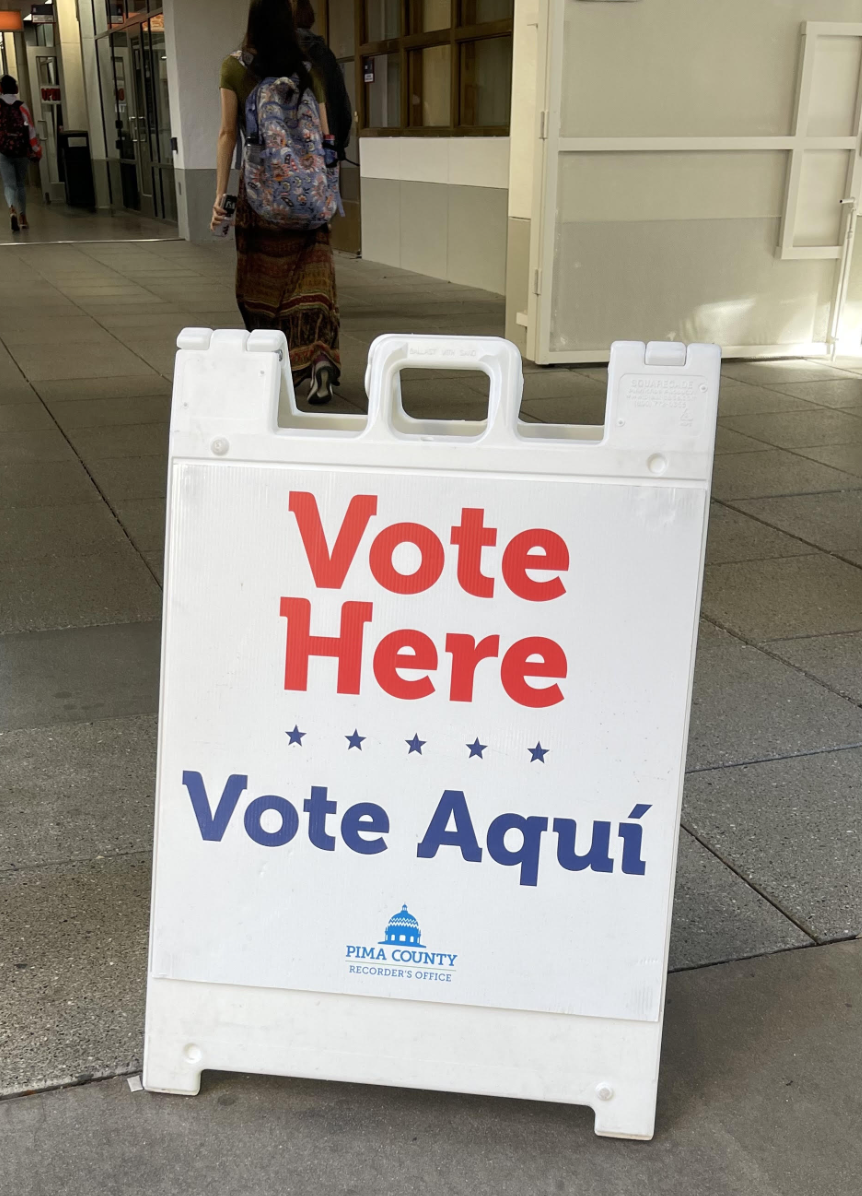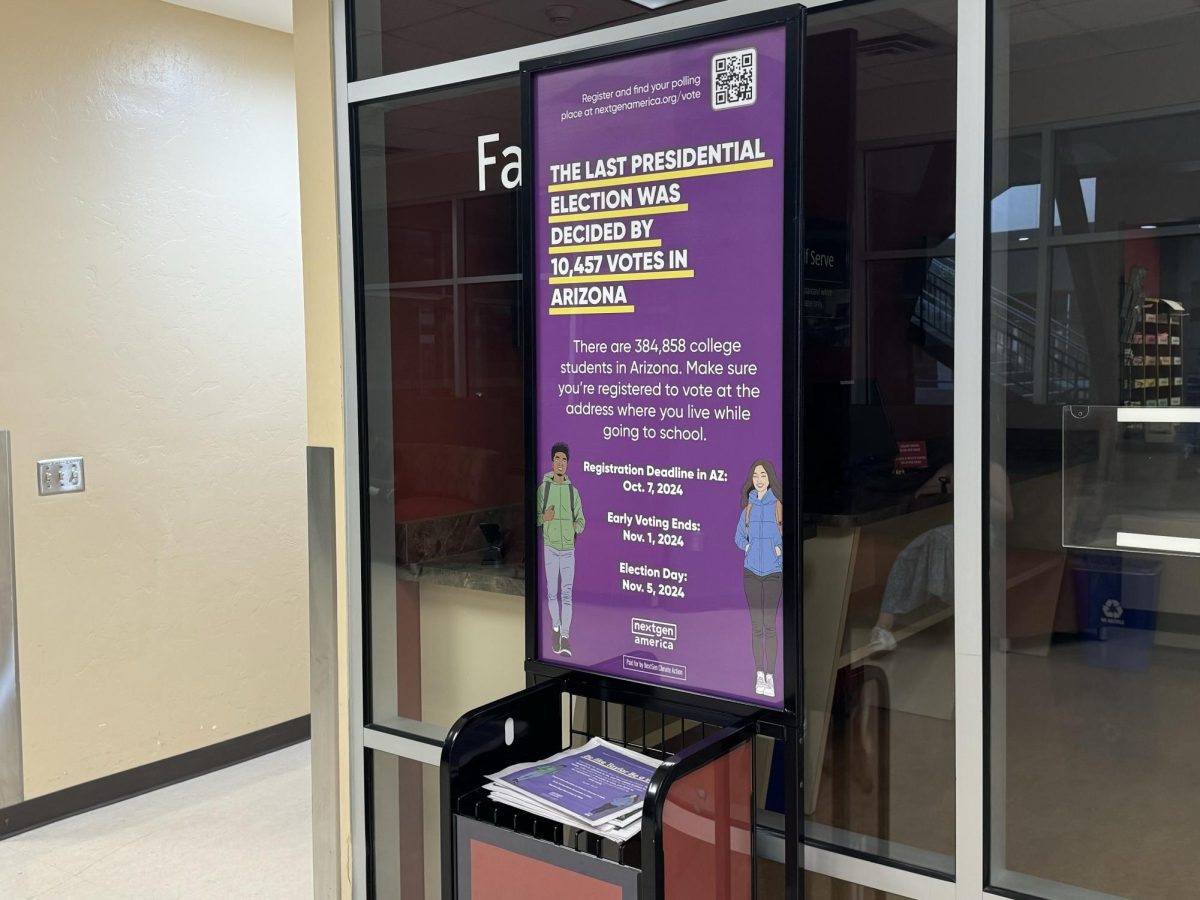If Arizona’s legislature approves a bill allowing concealed weapons on campuses, university and community college presidents who want to keep guns out of their classrooms will have to pay a hefty price.
BY THE NUMBERSASUTotal buildings: 929 UATotal buildings: 791 NAUTotal buildings: 108
|
And that price tag could reach up to $10 million for Arizona’s three public universities .
If university or college leaders decide a building should be gun-free, the law requires the installation of secured gun lockers at one main entrance or exit.
With three public universities as well as 19 community colleges, some with multiple campuses, the costs from SB 1474 could reach astronomical levels, school officials say.
Currently, there are 1,828 buildings at Arizona’s three major public universities that would apply, according to each university’s department of real estate. If each building were secured per the requirement—at one main entrance or exit—the three universities would incur a total combined cost of at least $10 million.
The legislature is offering no funds to secure guns outside the classroom, so that burden will be left to the schools. Some believe the costs will be so high that officials already struggling with financial needs will be forced to let in the guns.
A hidden cost for schools would be that of maintaining a regular police presence to help ensure the security of the locked up weapons. “We don’t have anywhere near an adequate number to do that,” said Chief Anthony Daykin of the University of Arizona.
University of Arizona President Eugene Sander is concerned about the potential costs.
“Considering the fact that our state budget has been cut by approximately $180 million, a legislative mandate to spend academic dollars for gun lockers is misguided,” Sander said in a prepared statement.
He said he “keep[s] hoping that reason prevails” when a final vote comes.
That $10 million price tag is based on the premise that all university buildings would be secured and that each building would only have one locker, which can hold multiple guns depending on the model.
Senate research this year stated each gun locker would cost $425, something backed by Yavapai College Police Chief Joe Cappelli, who said that’s the industry standard.
Research prepared last year by the state Senate also evaluated the costs of installing secure gun lockers in public buildings, and stated installation would “yield a one-time per door cost of approximately $5,000.”
The Senate estimated it would cost betwee $45,000 to $90,000 per year to hire one security guard to watch over one locker.
This cost could leave colleges with no choice but to let guns in every classroom, Cappelli said, whose main campus is in Prescott, Ariz.
“It’s very possible that a college could stand up and say we can’t afford to put them in,” Cappelli said of the new gun-locker requirement. “And the alternative is they just carry it into a classroom. Then you’ve got a secondary set of issues.”
Cappelli said a member of his own police force said they would leave their job if the bill passed, for fear they would be a walking target for individuals with guns.
Yavapai College surely isn’t unfamiliar with gun lockers or guns around their college. It has the No. 1 gunsmithery program in the nation.
Yavapai College provides gun lockers for those students—and students who want to store their concealed weapons before they enter campus, Cappelli said.
Those lockers are located directly outside of the campus, and are patrolled 24/7, he said.
Allowing guns in any building unless there’s a locker present places a serious risk to other students, such as if the person putting their gun away had their hand on the trigger, for example, and accidentally fired. That bullet could go through walls and could potentially hit a student in a nearby classroom, Cappelli said.
That’s why their gun lockers are at the entrance to the university itself, he said.
“Most people who carry concealed, they’re law abiding. I understand that argument,” Cappelli said. “But it doesn’t stop somebody who’s 21 years of age from getting that carry and concealed—which is very easy to do—and then the burden’s on the college through providing safety and security with those lockers.”
James Allen, student body president at the University of Arizona and board member with the Arizona Students’ Association, is critical of the proposed bill, too.
“We are not anti-gun, we believe the policies set in place are sufficient and should stay in place,” Allen said, voicing the concern that increased cost for security could be “easily reflected on a student’s tuition.”
Those supporting the bill argue that someone carrying a concealed weapons permit would be trained and responsive enough to protect innocent bystanders if a situation arose.
Allen noted that the argument sounded a bit like “vigilante justice,” and said that he feared students could be caught in the crossfire of a poorly aimed bullet.
Campus police chiefs agreed that it’s not just about protecting oneself. A gun in the hands of anyone who’s not trained can be a public danger.
“Any discussion of that has to be taken with some caution considering the watering down, or as I call it, the gutting of the CCW statutes in the state of Arizona,” Daykin said.
Current law states that those who want to get a concealed weapon permit have to complete a “firearms safety training program.” That means someone can attend as little as one hour of training on the law behind carrying a permit. No firing of a gun is required. There is no provision in law that requires any experience with shooting or handling a weapon.
“The idea that somehow allowing people with concealed weapons permits to bring guns to campus hoping they’ll come to the rescue if someone happens to be shooting, I think, is not realistic,” Daykin said.
Sen. Ron Gould, R-Lake Havasu, the bill’s primary sponsor, said even without training in how to fire a gun, that the weapons are “not difficult to use.”
Gould and NRA lobbyists cited the number of aggravated assaults at ASU in the past three years as a reason why the campus is a dangerous place where citizens have a right to defend themselves.
But ASU police records show tha those aggravated assaults involved alcohol, said commander Jim Hardina of ASU Police Department.
Daykin added that looking at aggravated assaults disregards the fact that at his campus, in the past three years, typically half of the assaults have been against police officers who carry guns. Last year, all six aggravated assaults were against police officers, Daykin said.
“In fact, in a number of cases, the person who was assaulted had a firearm, Daykin said.
“This concept of ‘I’m going to be mugged so I’ll shoot someone,’… I think there may be a rush to shooting people and maybe not a judgment of what’s the real situation.”
Concerns about the bill run high. One includes the lack of a provision limiting the number of weapons, something Sen. David Lujan, D- Phoenix, said would allow someone to legally “bring a gym bag full of weapons” onto a college campus.
Overall, opponents argued that this bill was unwanted and increased public safety risk.
“Who wants the ability to have a firearm on campus? It’s the gun lobbyists,” said Sen. Steve Gallardo, D-Phoenix.
He said the majority of campus officials and students do not want the bill, but Sen. Rick Murphy, R-Glendale, said those beliefs have no merit. “When it comes to constitutional rights, it’s really not a question of whether various people want or don’t want the bill,” Murphy said. “It’s really not a matter of opinion about what people like or don’t like.”
S.B. 1474 awaits a hearing before the full Senate.
Mejdrich is a senior at the University of Arizona and is the Bolles Fellow this semester covering the Legislature. The fellowship was named to honor former Arizona Republic investigative reporter Don Bolles who was assassinated in the line of duty.



